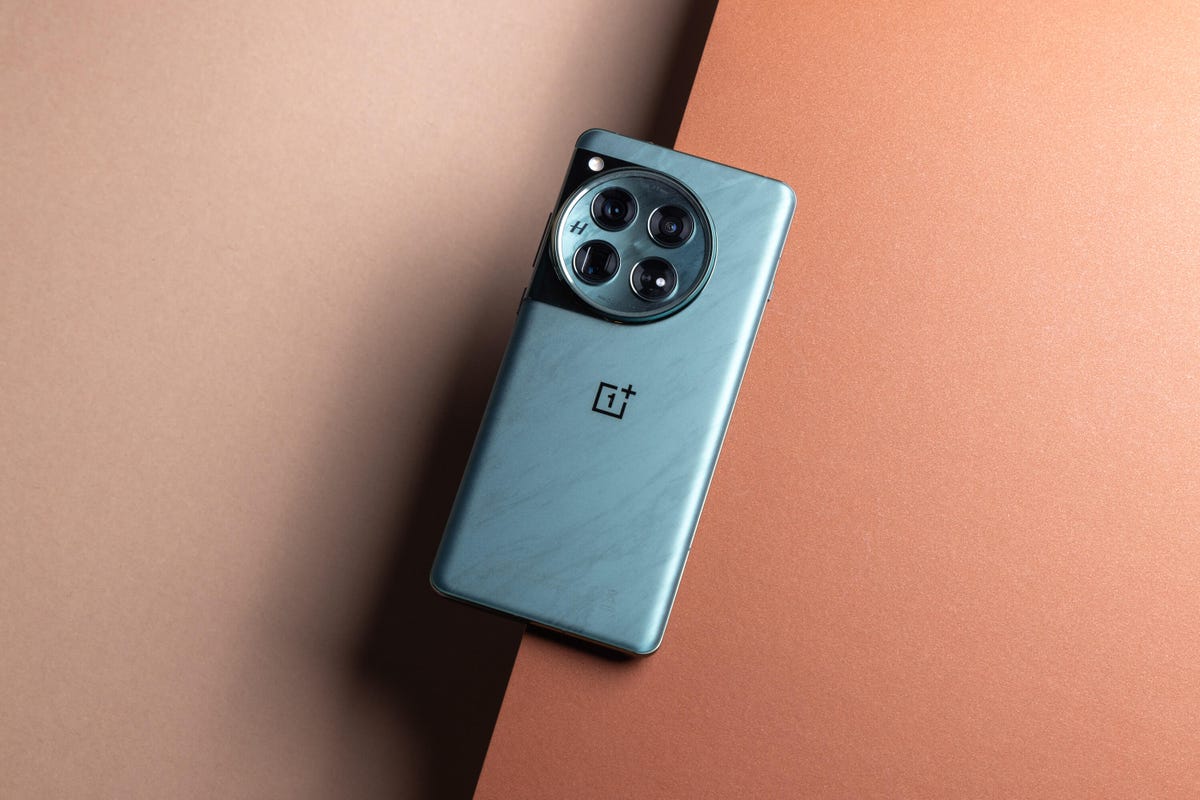Zuck Mocks the Apple Headset, Again
What`s going on here?
Mark Zuckerberg has repeatedly criticized Apple’s Vision Pro, a virtual reality headset, emphasizing Meta’s Quest as superior despite its lower price point. In discussions with Benedict Evans of Mosaic Ventures, Zuckerberg highlighted the drawbacks of the Vision Pro in terms of wearability, motion blur, and input precision compared to the Meta Quest. Despite the Vision Pro’s higher resolution, Zuckerberg asserts these compromises result in an overall inferior device. This ongoing critique was reiterated in a series of social media posts and public comments contrasting the philosophies of Meta and Apple towards VR technology.
What does this mean?
The discourse between Zuckerberg and representatives of the VR industry underscores a significant competition in the technology and virtual reality space. By targeting the Vision Pro’s limitations, Zuckerberg positions Meta’s Quest as a more desirable alternative, focusing on its advantages in price, weight, motion handling, and input precision. This competition highlights differing visions for the future of VR—between Meta’s aim for widespread accessibility and Apple’s for high-resolution experiences, despite the trade-offs. The rivalry also sheds light on the strategic directions both companies are taking, with Meta betting on gaining a larger market share through affordability and functionality.
Why should I care?
The debate over the future of virtual reality and the competition between Meta and Apple’s flagship VR products is highly relevant for consumers, investors, and technology enthusiasts. With over 20 million Quest units sold compared to 200,000 Vision Pro units since its launch, Meta’s approach seems to be more accessible and popular among a larger audience, potentially influencing the trajectory of VR technology development and adoption. For consumers, this rivalry could affect the availability, pricing, and features of VR devices in the future. For investors and industry observers, the financial success of Meta’s Reality Labs and the ongoing competition could signal where to allocate resources and attention in the rapidly evolving VR market.
For more information, check out the original article here.




